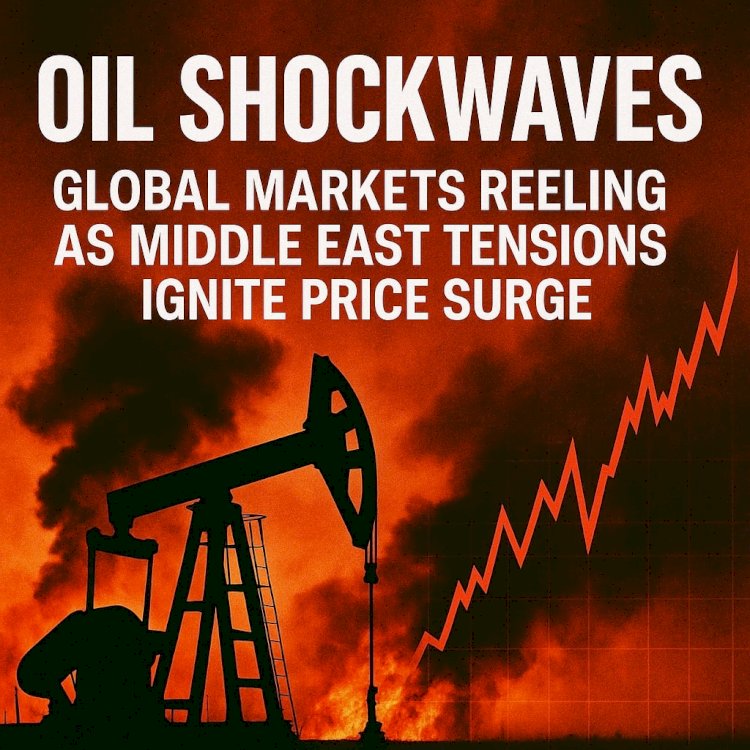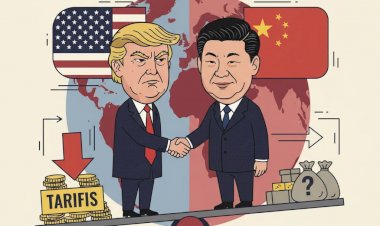Oil Shockwaves: Global Markets Reeling as Middle East Tensions Ignite Price Surge

June 14, 2025 — Oil prices have surged dramatically this week, sending shockwaves through global economies amid escalating tensions in the Middle East. The geopolitical unrest has rattled energy markets and raised fears of prolonged supply disruptions, sparking widespread concern among investors and policymakers worldwide.
Middle East Turmoil Sparks Oil Price Rally
The recent flare-up in conflict between key oil-producing nations in the Middle East has triggered a sharp increase in crude oil prices. Brent crude climbed past $110 per barrel today, its highest level in over a year, while West Texas Intermediate (WTI) crude also surged beyond $105 per barrel. The unrest centers around disputed territories and ongoing diplomatic standoffs, which have raised questions about the security of vital oil shipping routes.
Energy Markets on Edge: Supply Risks Amplify
Energy analysts warn that the uncertainty surrounding production stability in the region could lead to tighter supplies and higher costs globally. The Middle East accounts for roughly 30% of the world’s oil output and is home to critical chokepoints like the Strait of Hormuz, through which nearly 20% of global petroleum passes.
This volatility has fueled a scramble among countries to secure alternative energy sources and increase strategic reserves. Several nations have already announced plans to accelerate investments in renewable energy to reduce dependence on unstable fossil fuel markets.
Economic Ripples Felt Worldwide
The surge in oil prices is poised to impact everything from transportation costs to manufacturing and consumer goods, potentially accelerating inflationary pressures in many countries. Emerging economies, particularly those heavily reliant on oil imports, face heightened risks of economic slowdown.
Central banks are under pressure to balance monetary policies as they contend with the dual challenges of managing inflation and sustaining economic growth amid this new energy crisis.
Political Responses and Diplomatic Efforts
Governments around the globe have called for calm and urged restraint from all parties involved in the Middle East tensions. Diplomatic channels are reportedly active behind the scenes to de-escalate the conflict and stabilize oil markets, but progress remains uncertain.
Meanwhile, energy ministers from major oil-producing and consuming countries are scheduled to meet next week to discuss coordinated measures to address the volatility.
Looking Ahead: Uncertainty Clouds Global Outlook
As the situation unfolds, markets remain jittery with investors closely watching developments on the ground. The coming weeks will be critical in determining whether the surge in oil prices will be a short-lived spike or the start of a prolonged period of energy market instability.
Consumers and businesses worldwide are bracing for the potential fallout, as the delicate balance between geopolitical tensions and economic stability continues to hang in the balance.

 content-team
content-team 


















